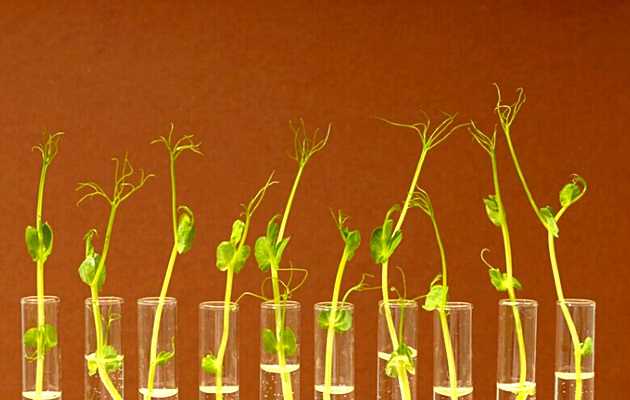698

Poland Lifts Patent Restrictions on Genetically Modified Crops
In a significant policy shift, Poland has decided to lift patent restrictions on genetically modified (GM) crops, according to an article published by Euractiv. This decision marks a major change in Poland’s approach to biotechnology and agriculture, with profound implications for the agricultural sector and ongoing debates on the use of GM organisms (GMOs) in Europe.
Context of the Decision
Until recently, Poland had maintained a cautious stance on genetically modified crops, imposing strict restrictions on patents and their use. This approach was influenced by concerns over food safety, environmental impact, and the desire to protect traditional farming practices.
However, recent developments in biotechnology, along with pressure from the scientific community and farmers, have led Polish authorities to reconsider this position.
Motivation Behind the Change
The decision to lift restrictions on patents for genetically modified crops was driven by several factors. Firstly, advancements in gene-editing technologies, such as CRISPR-Cas9, have enabled the development of crops with improved characteristics, including resistance to pests and adverse climate conditions.
These innovations offer significant opportunities to increase agricultural productivity and enhance food security.
Secondly, Polish farmers have been advocating for access to these technologies to remain competitive in the European and global markets. Previous restrictions limited their ability to adopt innovations that could reduce costs and improve crop yields.
Reactions and Implications
Poland’s decision has sparked mixed reactions. Supporters, including agricultural organizations and scientific communities, have welcomed the move as a step forward in modernizing Polish agriculture and fostering innovation.
They argue that access to gene-editing technologies can contribute to more sustainable farming practices and reduce reliance on pesticides.
On the other hand, environmental organizations and groups promoting organic agriculture have expressed concerns about potential risks associated with genetically modified crops.
They warn about the possible impact on biodiversity and stress the need for strict regulations to ensure consumer and environmental safety.
European Perspectives
Poland’s decision aligns with a broader trend in Europe of reassessing policies on genetically modified crops.
The European Union has generally been cautious in adopting GMOs, but advancements in gene editing and the need to address challenges related to climate change and food security have prompted some member states to revise their positions.
Conclusion
Lifting patent restrictions on genetically modified crops in Poland represents a significant policy shift, with the potential to influence both the national agricultural sector and European debates on biotechnology.
It remains to be seen how the implementation of this decision will unfold and what the long-term effects on agriculture and the environment will be.




